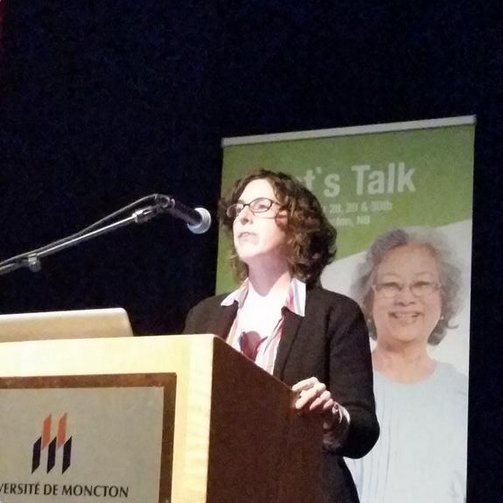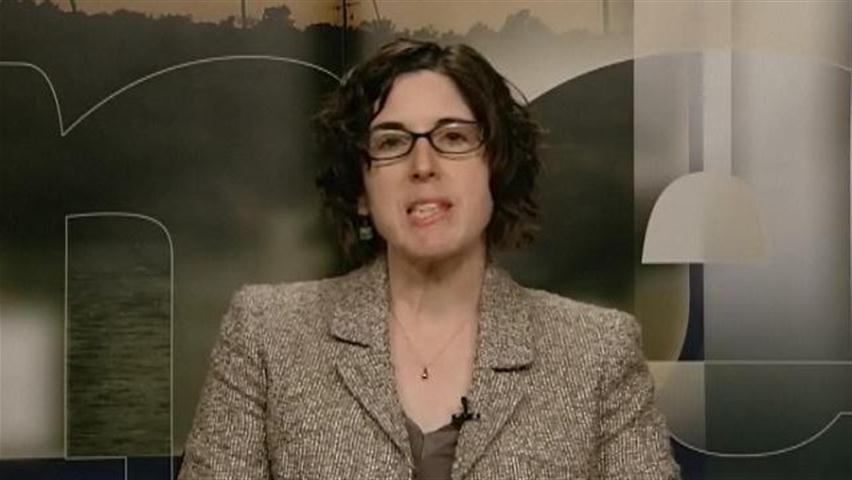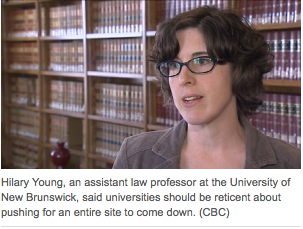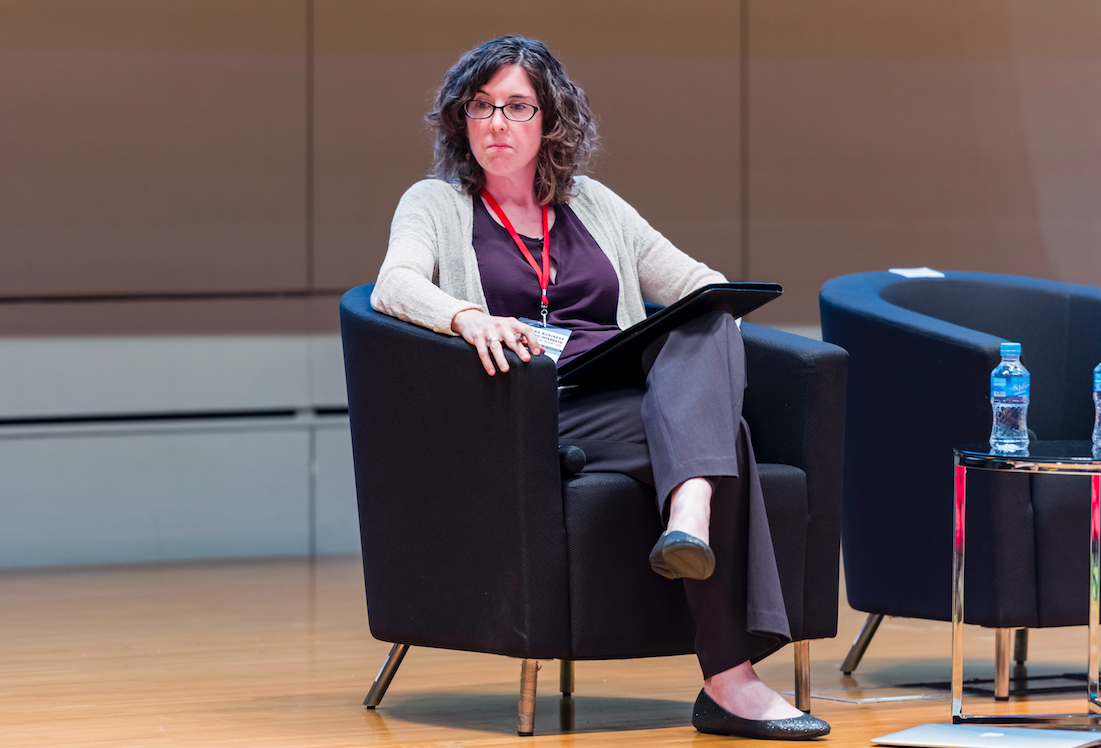
Media
CBC, April 14, 2016Radio/Podcast
This is an interview on the new physician-assisted dying bill, that was about to be introduced in Parliament.
Why Canada Shouldn't Let Businesses Sue for Defamation
Toronto Star, September 16, 2012Print
This is an oped arguing that defamation law shouldn't protect corporations' reputations.
Medical insurance case no cause for concern
Telegraph Journal, January 12, 2016Print
This is an op-ed on a case concerning whether the organization that represents NB doctors is considered an insurer.
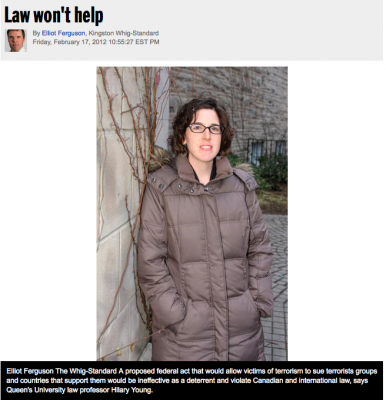
Law Won't Help
Kingston Whig Standard, February 17, 2012Print
URL: http://www.thewhig.com/2012/02/17/law-wont-help
Professor Young was interviewed about the new Justice for Victims of Terrorism Act, which she says will not help victims of terrorism.
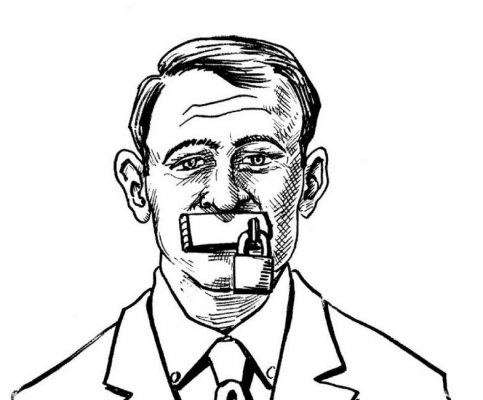
Want to silence the truth? Sue for defamation
Toronto Star, January 17, 2016Online
In 1989, Memorial University professor Ranjit Chandra committed flagrant academic fraud. He invented data showing that certain baby formulas, made by companies that were paying him, helped prevent allergies. Upon discovering the misconduct, Memorial confronted the professor, who resigned. But it didn’t reveal its findings to the public, nor to journals that published Dr. Chandra’s papers. In fact, the baby formula paper was only recently retracted, after 25 years. Last week it was announced that he’d been stripped of his Order of Canada.
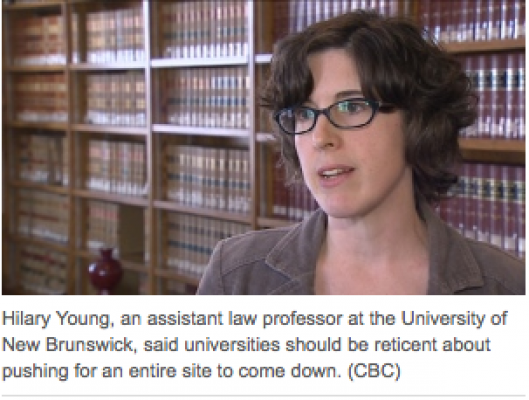
Interview about a Facebook page takedown
CBC, November 11, 2014Online
Professor Young was interviewed when a controversial UNB/STU Facebook group was taken down. She discussed the free speech issues involved.
A Proposal for Access to Treatment Contrary to Clinical Judgment
by Hilary Young
Published by McGill Journal of Law & Health
September 21, 2017
Remarkably, it is unclear in much of Canada whether physicians must provide treatment contrary to their clinical judgment when it is requested by patients. The Supreme Court held in Cuthbertson v Rasouli that an Ontario statute allows patients to demand certain life-sustaining treatment contrary to clinical judgment. However, much confusion remains in Ontario when non-life-sustaining treatments are at issue, and the common law across Canada remains unsettled.
To assess the benefits and detriments of different approaches to the issue, the laws of Ontario and England are compared. Whereas in Ontario physicians must provide (at least) certain life-sustaining treatment contrary to clinical judgment, in England, courts have consistently held that physicians may refuse to provide treatment contrary to their clinical judgment. English physicians may withdraw even life-sustaining treatment from patients, despite opposition from patients or their families, if the physicians believe continued treatment is medically inappropriate.
Each approach has benefits and detriments. Ontario’s law, for example, has the benefit of promoting patient autonomy, while England’s approach recognizes that physicians’ role is in part moral and helps protect patients.
Opting neither for the English approach nor the Ontario approach, I ultimately suggest that physicians should be required to provide patients with the treatment they request, even if contrary to clinical judgment, unless a court or tribunal determines the requested treatment to be unreasonable in the circumstances. Unreasonableness should be assessed based on medical criteria, the patient’s values, availability of resources, or any other relevant consideration. This approach has the advantage of giving patients a large degree of autonomy and limiting the cost of access to justice, while acknowledging that the physicians should continue to have some role in limiting access to medical interventions.
URL: https://papers.ssrn.com/sol3/Delivery.cfm/SSRN_ID3040593_code1850411.pdf?abstractid=3040593&mirid=1
The Canadian Defamation Action: An Empirical Study
Published by The Canadian Bar Review
September 1, 2017
This article is the first of its kind in Canada. It examines reported defamation decisions empirically, providing information about average awards, rates of success, the percentage of corporate claims, the percentage of new media (internet) claims etc.
Public Body Defamation Actions
Published by Dalhousie Law Journal
June 1, 2016
This article examines the law regarding governments' ability to sue in defamation and concludes that they cannot. It then considers what might count as government for the purposes of this rule. A fairly broad definition is proposed, akin to government for the purposes of access to information law.
Rethinking Canadian Defamation Law as Applied to Corporate Plaintiffs
Published by UBC Law Review
Cuthbertson v. Rasouli: Continued Confession over Consent-Based Entitlements to Life Support
Published by Alberta Law Review
June 1, 2015
2015 Cuthbertson vs. Rasouli had the potential to be the most significant case on the law of informed consent since Reibl vs. Hughes more than thirty years ago. The narrow issue before the Court was whether informed consent is required for doctors to withdraw life support they believe no longer to be medically appropriate.
URL: http://heinonline.org/HOL/LandingPage?handle=hein.journals/alblr52&div=38&id=&page=
Adding Insult to Injury in Corporate Defamation Damages
Published by Tort Law Review
2013 The article first argues against treating a defendant’s failure to apologize to a corporation as a factor aggravating damages. The only relevance to a corporation of an apology is as a form of setting the record straight. Thus, an apology may mitigate damages but a failure to apologize will often have no effect on damages. Yet the law treats a failure to apologize as aggravating damages. Similarly, the defendant’s malice is considered a factor aggravating damages, but since corporations cannot be upset, embarrassed or insulted, it is not clear that malice should be relevant to calculating their compensatory damages. Finally, courts should no longer award damages in order to vindicate corporate reputation. The interest in human dignity may justify the vindicatory goal of defamation law. However, given that corporations have no dignity to protect, and given a number of problems associated with attempting to award damages to vindicate reputation, it is not justifiable to award corporations damages to vindicate their reputations.
URL: http://papers.ssrn.com/sol3/papers.cfm?abstract_id=2298336
'Anyone…In Any Medium'?: The Scope of Canada's Responsible Communication Defence
Published by in Comparative Defamation & Privacy Law (Andrew Kenyon ed.) Cambridge University Press
May 1, 2016
2016 The article argues that the Supreme Court's decision in Grant v Torstar is best understood as applicable to any kind of communication – not just journalism and new media cases. If that is true, however, it makes little sense to assess whether communication is responsible with regard to indicia of ethical journalism. For example, seeking the plaintiff’s side of the story and communicating it may be indicative of responsible journalism, but it is less clearly relevant to whether a tweet or conversation with a friend is responsible. The article therefore proposes that the indicia of responsible communication be abandoned in favour of negligence law’s “reasonableness” inquiry.
URL: http://papers.ssrn.com/sol3/papers.cfm?abstract_id=2420103
Biography
Professor Hilary Young joined the UNB Faculty of Law in 2012 after teaching at Queen's and the University of Ottawa and clerking with Justice Louis LeBel of the Supreme Court of Canada. Her areas of expertise include defamation law, tort law, health law, and the law of death and dying. She is currently working on a SSHRC-funded project on what it means to "publish" content for the purpose of defamation law. This includes examining whether ISPs, web hosts, and search engines "publish" defamatory content generated by users and can therefore be held liable for it. Recent past research projects include considering whether corporations and governments should be allowed to sue in defamation and a project examining who decides whether to remove life support: doctors or families. La professeure Young est bilingue. Elle engage avec les medias en francais ainsi qu'en anglais.
Recognition/Reconnaissance
Legal Citation | Professional
Cited in Cuthbertson v. Rasouli, [2013] 3 SCR 341, 2013 SCC 53 at paras 134, 185.
Legal Citation | Professional
Cited in Ramar Construction Ltd. v. Seguin, 2014 NSSC 169 at paras 17, 48.
Research Grants
SSHRC Insight Development Grant
Organization: SSHRCDate: July 1, 2016
Grant amount: 32544
Details:
This grant is for a project examining the nature of the publication requirement in defamation. Its implications include whether web hosts, ISPs and search engines can be liable in defamation for content posted online by others.
Harrison McCain Young Scholar Award
Organization: UNB/Harrison McCain FoundationDate: May 1, 2016
Grant amount: 12000
Details:
This grant was awarded for a project that considers the nature of the publication element in defamation, as well as the issue of defamation remedies -- especially damages caps.


